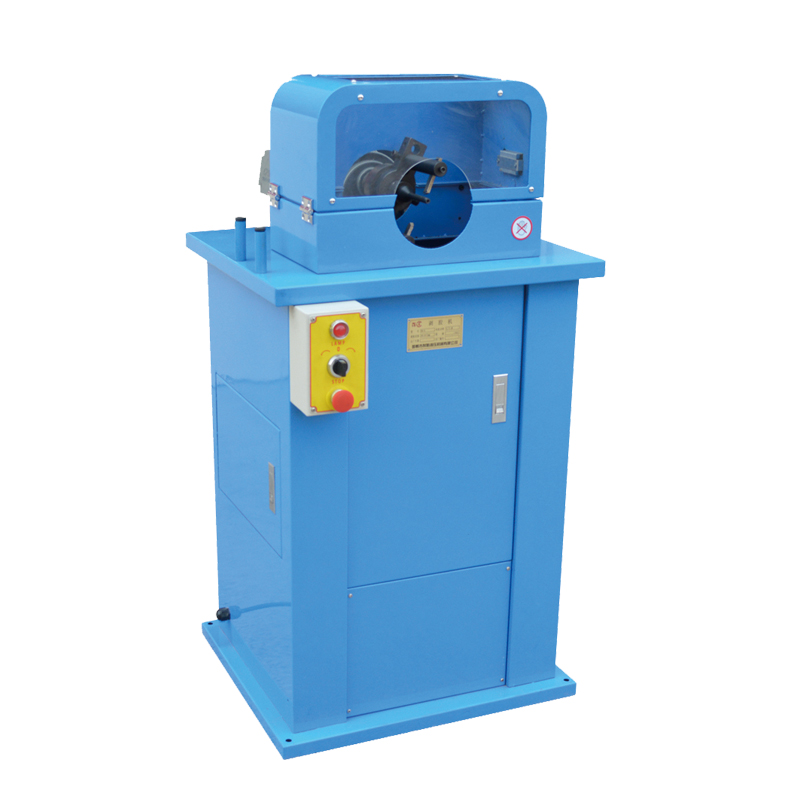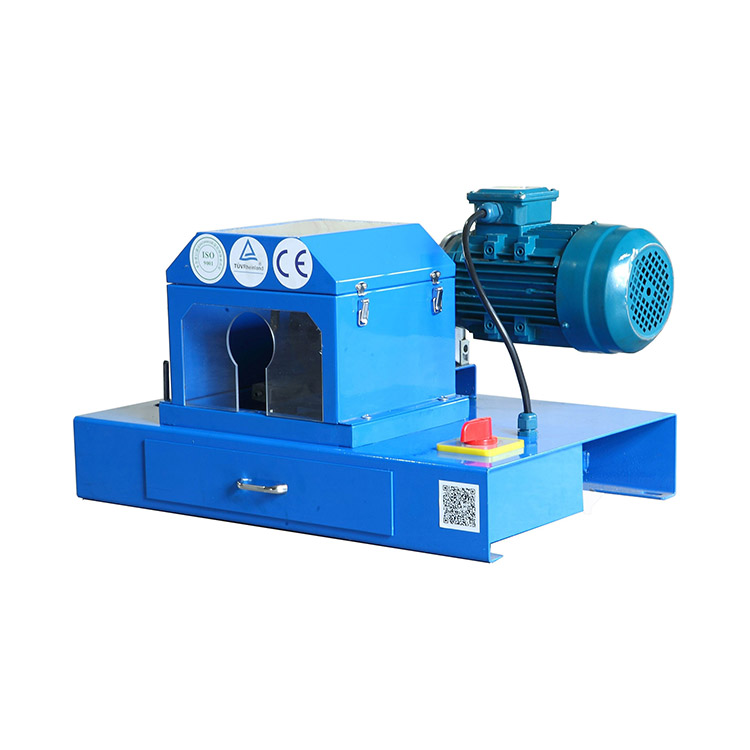

Regular inspection and maintenance of hydraulic brake pipes cannot be overstated. Vehicle owners should be encouraged to include brake line checks as part of their routine maintenance schedule. Signs of wear such as visible corrosion, moisture around fittings, or any deformation in the lines signal that immediate replacement or repair is necessary. A neglected brake line can lead to cataclysmic failure, resulting in brake fluid leaks and ultimately a complete loss of braking power. Furthermore, the proper training and expertise of the technician handling brake pipe installations and repairs greatly enhance the overall safety and performance of the system. Professionals with experience in vehicle brake systems should perform these tasks, ensuring all components meet the manufacturer’s specifications and comply with safety standards. Their expertise ensures not only the effective functioning of the brake system but also extends the life expectancy of the brake components, offering peace of mind to vehicle owners. In conclusion, the hydraulic brake pipe may not be as prominent as the brake pads or rotors, but its contribution to vehicle safety and performance is undeniable. By understanding the dynamics of brake pipe material selection, proper installation techniques, and maintenance protocols, vehicle owners and automotive professionals can ensure reliable and effective braking performance. Staying informed and proactive about the condition of these components not only prevents unnecessary repairs and operational costs but more importantly, safeguards the lives of everyone on the road.
Previous:
Next:
OUR LATEST NEWS
Strict quality control strict production team to ensure stable products quality. Scientific personnel management, efficient production arrangements to ensure our timely delivery.

Apr 11 2025
A Comprehensive Guidance of Manual Hose Crimping Machine
A manual hose crimping machine is an essential tool in the hydraulic hose assembly process. It is designed to securely attach fittings to hydraulic hoses by applying controlled pressure, ensuring leak-proof and durable connections.

Apr 11 2025
Industrial Hose Types and Uses
Industrial hoses are critical components designed to transport liquids, gases, and abrasive materials across various industries, including construction, manufacturing, and oil and gas. The different types of industrial hoses are engineered to meet specific operational demands, such as pressure resistance, flexibility, and durability.

Apr 11 2025
The Essential Guide to Custom Hydraulic Hoses for Industrial Applications
Custom hydraulic hoses are essential components in hydraulic systems across various industries, designed to efficiently transport high-pressure hydraulic fluids between system elements. Unlike standard hoses, custom hoses are tailored to specific requirements, such as pressure, environmental conditions, and mechanical constraints.
Product Application




















